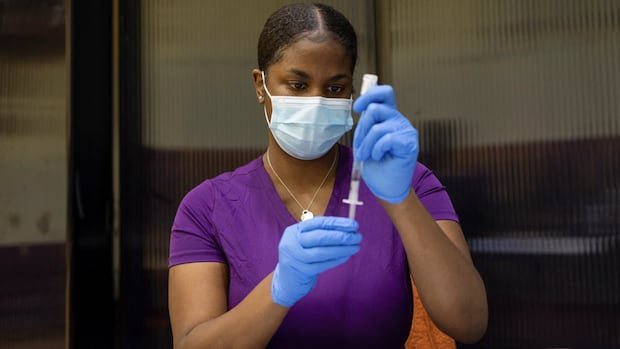The Trump administration has announced a significant cut of $500 million from U.S. government-funded research projects to develop new mRNA vaccines. Health Secretary Robert F. Kennedy Jr., a well-known vaccine critic, disclosed the decision to halt the Biomedical Advanced Research and Development Authority’s (BARDA) mRNA vaccine development projects.
This move has caused concern among infectious disease experts, who emphasize the importance of mRNA technology in accelerating vaccine production compared to traditional methods. The loss of funding jeopardizes the potential to swiftly respond to future pandemic threats.
The Nobel Prize in Physiology or Medicine in 2023 recognized the pivotal role of mRNA technology in creating COVID-19 vaccines, highlighting its ability to save lives, reduce disease severity, and facilitate global reopening. Despite its proven effectiveness, the decision to withdraw funding raises uncertainties about the future of mRNA vaccine research and its impact on combating various diseases.
Beyond COVID-19, mRNA vaccine technology has shown promise in developing vaccines for respiratory syncytial virus and influenza. Ongoing research is exploring its application in treating cancers, autoimmune diseases, and combating other infectious agents like HIV.
While the U.S. remains a key player in mRNA vaccine technology, doubts arise about the potential repercussions of the funding cut on research innovation and global health initiatives. Contrary to claims of safety issues with mRNA vaccines, experts affirm their effectiveness and emphasize their role in saving lives during the pandemic.
The future of mRNA vaccine research now faces uncertainty, raising questions about the continuity of groundbreaking advancements in vaccine development and disease prevention.

